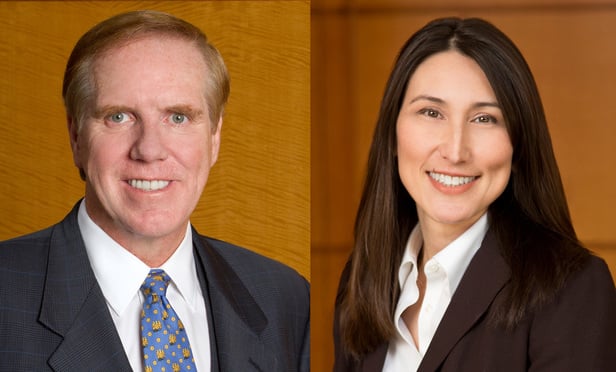Although attorneys are by nature zealous advocates for their clients, attorneys representing debt collection agencies may need to be careful to ensure their advocacy does not lead to problems for themselves or their clients. Indeed, according to a recent ruling by the 11th Circuit, liability under the Federal Debt Collection Practices Act (FDCPA) can result from an attorney’s conduct in court in attempting to collect a debt on behalf of a client.
Enacted in 1977 as an amendment to the Consumer Credit Protection Act, the FDCPA bans a “debt collector” from engaging in deceptive and abusive debt collection practices. A debt collector under the FDCPA includes any person who regularly collects or attempts to collect, directly or indirectly, debts owed or due, or asserted to be owed or due, to another. Prohibited acts include harassing phone calls, communicating with the consumer at his or her place of employment and misrepresenting the amount of debt owed.
This content has been archived. It is available through our partners, LexisNexis® and Bloomberg Law.
To view this content, please continue to their sites.
Not a Lexis Subscriber?
Subscribe Now
Not a Bloomberg Law Subscriber?
Subscribe Now
LexisNexis® and Bloomberg Law are third party online distributors of the broad collection of current and archived versions of ALM's legal news publications. LexisNexis® and Bloomberg Law customers are able to access and use ALM's content, including content from the National Law Journal, The American Lawyer, Legaltech News, The New York Law Journal, and Corporate Counsel, as well as other sources of legal information.
For questions call 1-877-256-2472 or contact us at [email protected]



